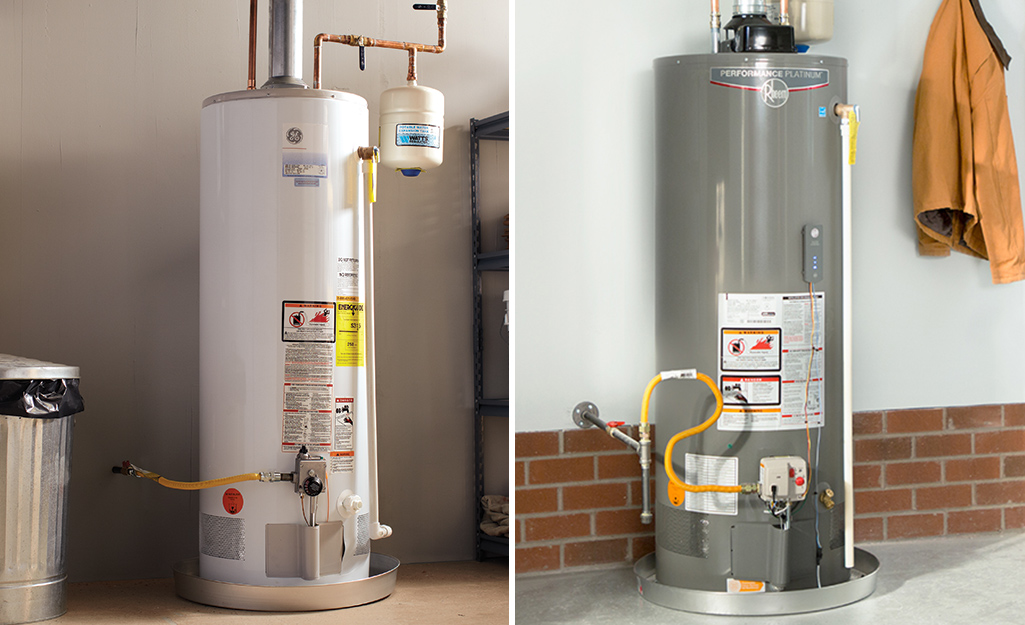When it comes to essential household appliances, a dependable water heater ranks high on the list. From warm showers to clean dishes and laundry, hot water is a daily necessity. Among the various types of water heating systems, gas hot water heaters remain one of the most trusted and efficient options for homeowners. Known for their reliability, quick heating capabilities, and cost-effective operation, gas water heaters are a smart choice for many households.
What is a Gas Hot Water Heater?
A gas hot water heater uses natural gas or propane as a fuel source to heat water. These systems typically consist of a storage tank, a gas burner located at the bottom of the tank, and a thermostat to regulate water temperature. When the thermostat senses the water is below the set temperature, it signals the burner to ignite and heat the water.
There are also tankless gas water heaters, which provide hot water on demand without storing it in a tank. These are especially popular in homes where space is limited or energy efficiency is a priority.
Advantages of Gas Hot Water Heaters
🔥 Faster Heating Times
Gas heaters can heat water much faster than electric models. This is especially beneficial for large households where hot water is in constant demand. Whether it's multiple showers in the morning or back-to-back laundry loads, a gas heater ensures there's always hot water available.
💰 Lower Operating Costs
Natural gas is often more affordable than electricity, making gas water heaters cheaper to operate over time. Although they may have a higher upfront cost compared to electric models, the long-term savings in energy bills typically outweigh the initial investment.
⚡ Works During Power Outages
Unlike electric heaters, gas water heaters can continue operating during power outages. This makes them an ideal solution for areas prone to storms, blackouts, or inconsistent electrical service.
🌍 Energy Efficiency
Modern gas water heaters are designed with improved energy efficiency in mind. High-efficiency models, such as condensing gas heaters, use heat from exhaust gases to pre-warm incoming cold water, reducing overall energy use.
🧰 Durability and Longevity
Gas water heaters are built to last, often with lifespans ranging from 10 to 15 years or more with proper maintenance. Many models are constructed with corrosion-resistant materials and offer extended warranties for added peace of mind.
Tank vs. Tankless: Choosing the Right Option
- Tank Gas Water Heaters: These store a specific amount of hot water (typically 30–80 gallons) and are ideal for families with consistent hot water usage. They're generally more affordable and easier to install.
- Tankless Gas Water Heaters: Also known as on-demand systems, these heat water only when needed. They’re perfect for small homes or for those wanting to save on energy bills and space. While more expensive upfront, they offer greater efficiency and a virtually endless supply of hot water.

Key Considerations When Buying a Gas Water Heater
- Household Size: Larger families will require bigger tanks or higher flow rates in tankless models.
- Energy Efficiency: Look for ENERGY STAR® certified models for optimal performance.
- Available Space: Consider where the heater will be installed and whether a tankless model might better fit the area.
- Budget: Factor in both the initial cost and the long-term savings from lower energy usage.
Conclusion
A gas hot water heater offers an unbeatable combination of performance, efficiency, and reliability. Whether you're upgrading an old system or installing a new one, a gas heater ensures that hot water is always ready when you need it. With options ranging from traditional storage tanks to modern tankless models, there's a solution for every home and lifestyle.
Investing in a high-quality gas water heater means more than just warm water—it means comfort, convenience, and confidence in your home's most essential systems.





Comments